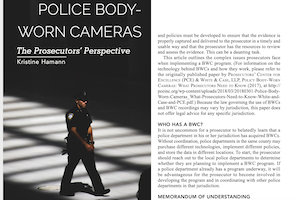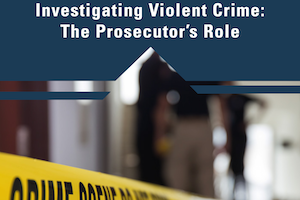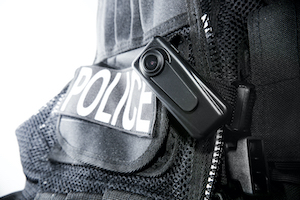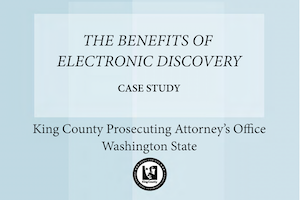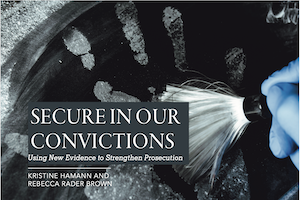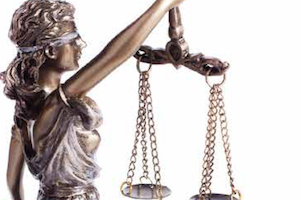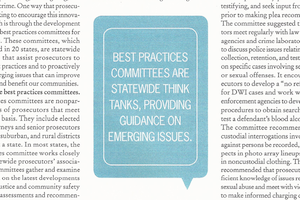Forensic Triage: A Guide for Prosecutors

Authors: PCE, NRTAC
As the demand for forensic evidence has exploded, so has the pressure on crime laboratories to keep pace with an ever-growing workload. This paper, developed by PCE’s Executive Director Kristine Hamann and St. Louis Circuit Attorney’s Office Chief of Trials Rachel Smith, addresses the critical question of how best to maximize the resources of a public forensic laboratory. This question is explored in three different parts, each with an emphasis on the prosecutor’s perspective:
Read More

